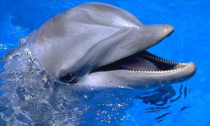
One of the cleverest creatures in the animal kingdom has discovered an unconventional way to get high. And, so, maybe the New Year celebrations were a lot of Puff!.
Some dolphins are (ahem) puffing on puffer fish, which release nerve toxins when provoked that can cause a narcotic effect, reports London’s The Sunday Times. Underwater footage from a new two-part BBC1 documentary series, “Dolphins: Spy in the Pod,” shows young dolphins milking the fish of their toxins and then passing the fish to other dolphins.
“This was a case of young dolphins purposely experimenting with something we know to be intoxicating,” Rob Pilley, a zoologist and a producer on the series, told the Times...
Read More

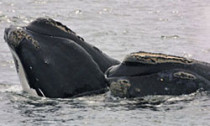
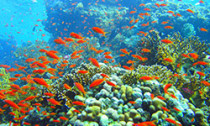
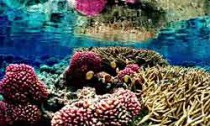
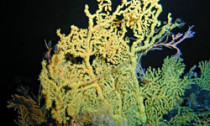
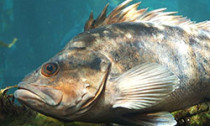
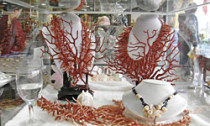
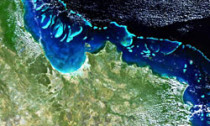




Social Profiles